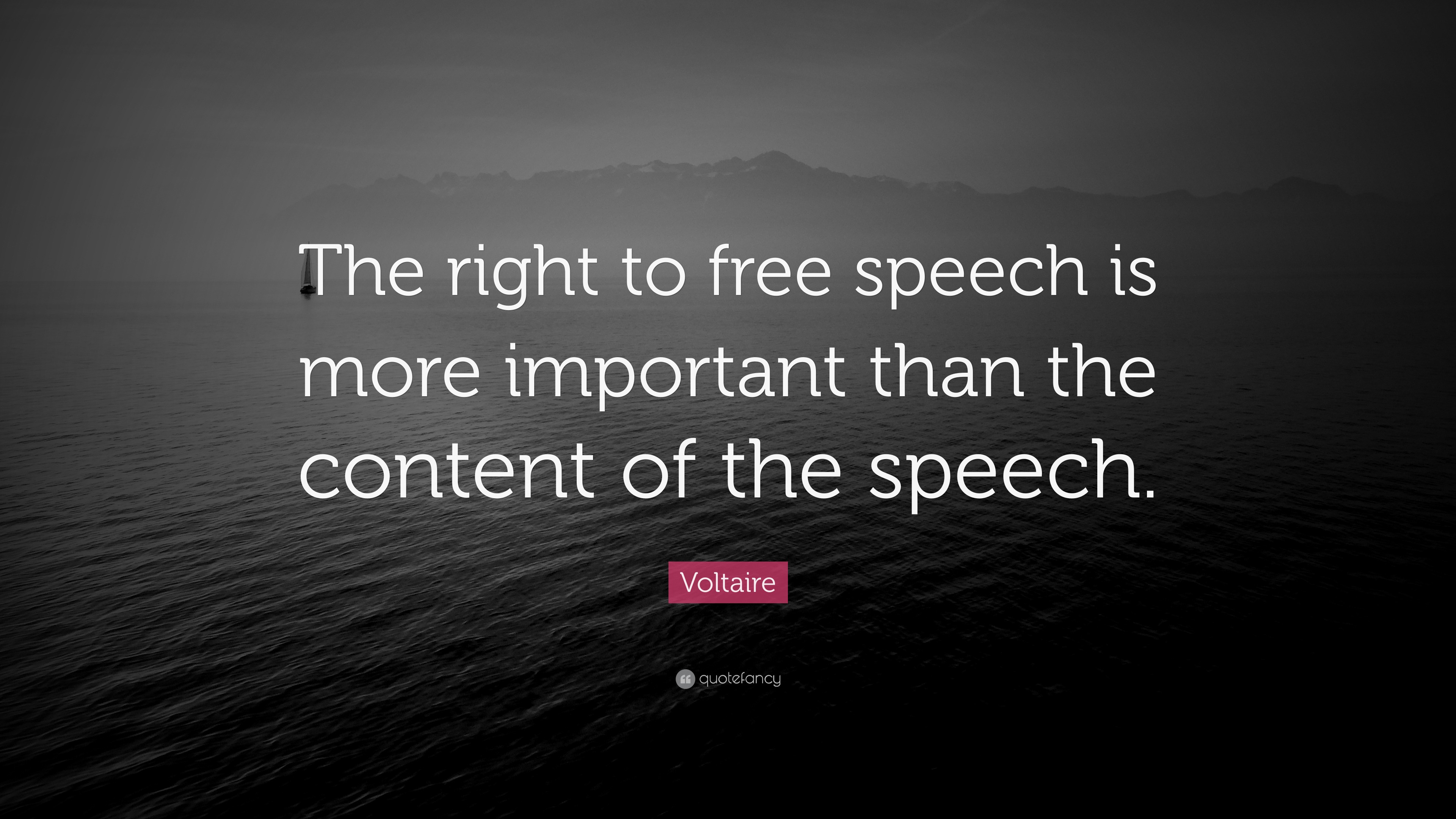

For example, “If a professor says something in a course that other people don’t like, they disrupt the course, so that nobody can listen to him.” Friedman particularly condemned “intolerance for speech that isn’t politically correct.” He considered politically correct speech to be “a disgraceful term,” on the grounds that “ correct speech ought to be speech that expresses what a person believes.”įriedman did not believe that free speech “ought to be costless.” He notes, “If you’re going to say unpopular things, and you’re going to become unpopular as a result, that’s going to impose a cost.” But, he adds, “there ought to be no, so to speak, artificial cost or artificial limitation.” No serious free speech advocate would argue that freedom of speech implies freedom from consequences. And where are the disagreements? On those parts of the discipline that are least well developed, that you know least about.”Īccording to Friedman, it is not only freedom to speak that is important, “but freedom to listen.” And freedom to listen is dependent on freedom of speech. As Jordan Peterson has argued, “in order to be able to think, you have to risk being offensive.” And, as Nobel laureate Milton Friedman put it in a 1993 interview, “You don’t talk about the things you agree about what gets into the press, what’s newsworthy, are the disagreements and not the agreements. On the contrary, suppression of controversial speech inhibits intellectual progress. Hurt sensibilities are not a sufficient justification for censorship. However, freedom of speech does not imply freedom from speech. This, we are assured, does not constitute a free speech violation.

The rationale behind most online censorship policies appears to be that certain groups and individuals require protection from potentially hurtful speech. While some argue that these companies are acting well within their rights when they adopt policies that limit speech on their platforms, others criticise such policies, viewing them as a threat to freedom of speech due to the overwhelming power and influence that these companies wield in society today. Though the internet is the greatest information transfer invention since the Gutenberg press, monopolistic private companies that control online platforms have increasingly intervened in recent years to regulate public discourse and opinion. Nor should we let Big Tech determine the limits of free speech. For example, in 2019 a British woman was arrested for misgendering a trans person on Twitter, a charge that only makes sense in the context of transgender ideology. In the UK, legislation prohibiting hateful speech has led to absurdities such as police investigations into non-crime hate incidents based on the false claim that “being offensive is an offence.” What counts as hate speech also tends to be defined through an ideologically biased lens. Laws should be specific and objective-and hate speech laws are unavoidably vague and subjective. Such restrictions may pose a more serious threat to liberal democracy than the expression of neo-Nazi views-particularly since neo-Nazis are few in number and often find ways to circumnavigate these laws.Ĭlear-cut laws against engaging in National Socialist activities make a great deal more sense than hate speech laws. However, a government that claims to be liberal loses credibility when it undermines free speech-a fundamental liberal principle-by criminalizing objectionable views. The proffered rationale is that these laws protect German democracy from fascism.

Today, Germany has strict laws against any speech that denies or downplays the crimes of the Third Reich or expresses pro-Nazi sympathies. Once in power, they quashed free speech completely. Thus, Hitler’s thugs were able to control public discourse well before they were able to take the reins of government. Potential critics felt that they had to assume that their neighbours or co-workers might be Nazi sympathizers.

This not only had a chilling effect on free speech, but also caused the Nazi movement to appear larger than it actually was. In the Weimar Republic (1919–1933), all Germans had the right to freedom of expression, but many were scared to speak out against the emerging Nazi movement due to the intimidating presence of Nazi supporters on the streets. This is a problem because a right not exercised is a right easily lost. Not only are there legal restrictions to free speech, such as laws against defamation and incitement to violence there are also social and psychological barriers, including the pressures from cancel culture, which encourage self-censorship. Freedom of speech is a fundamental democratic right and a bedrock principle of enlightened society, but it has its limitations.


 0 kommentar(er)
0 kommentar(er)
